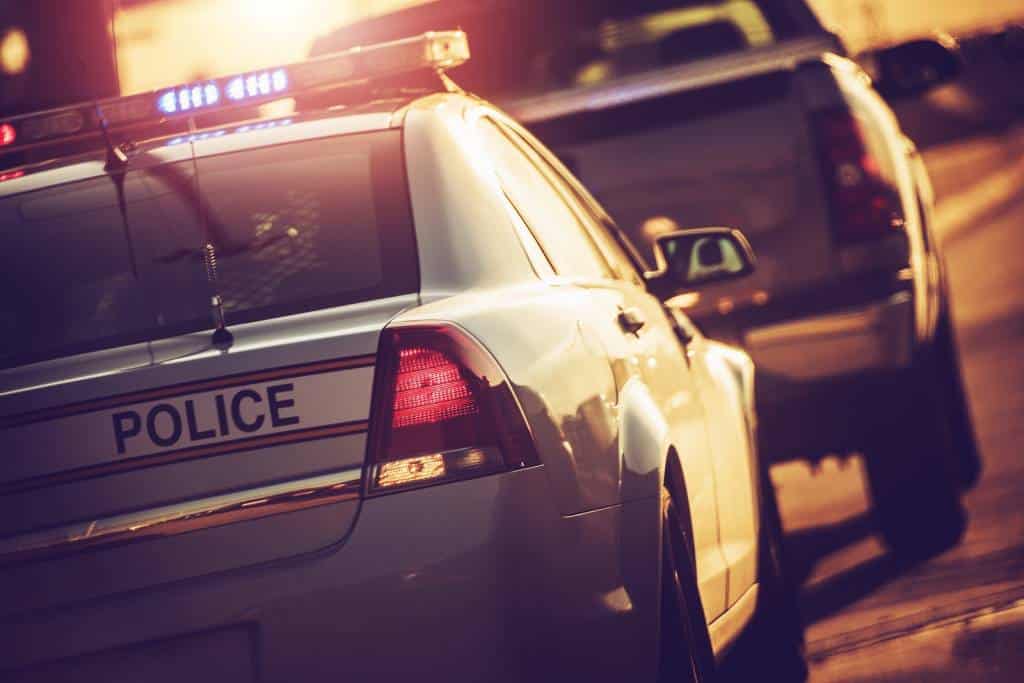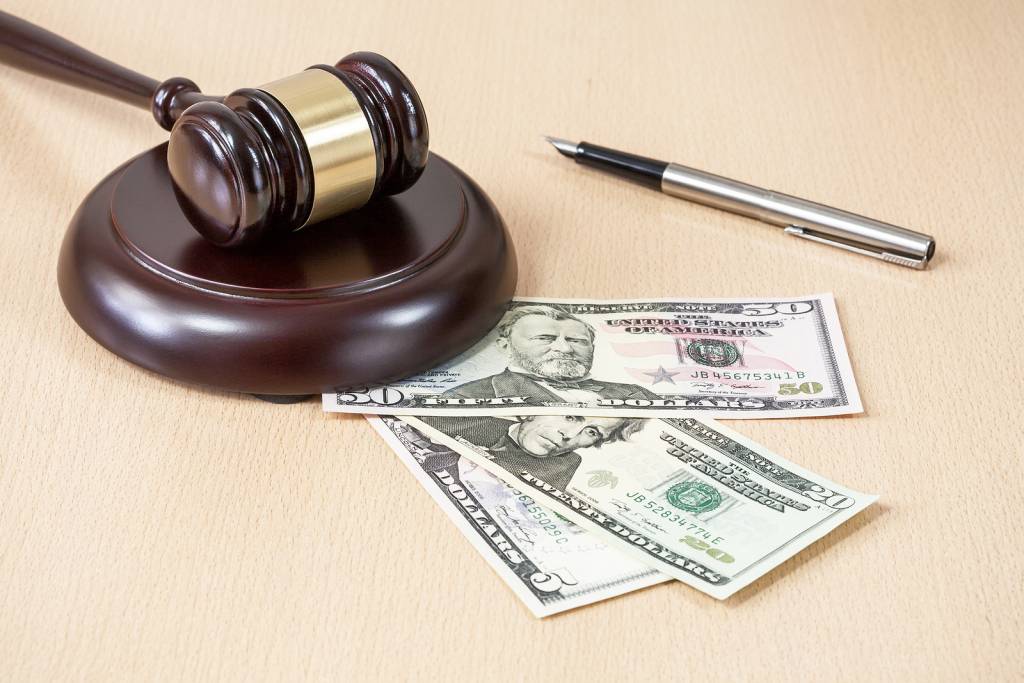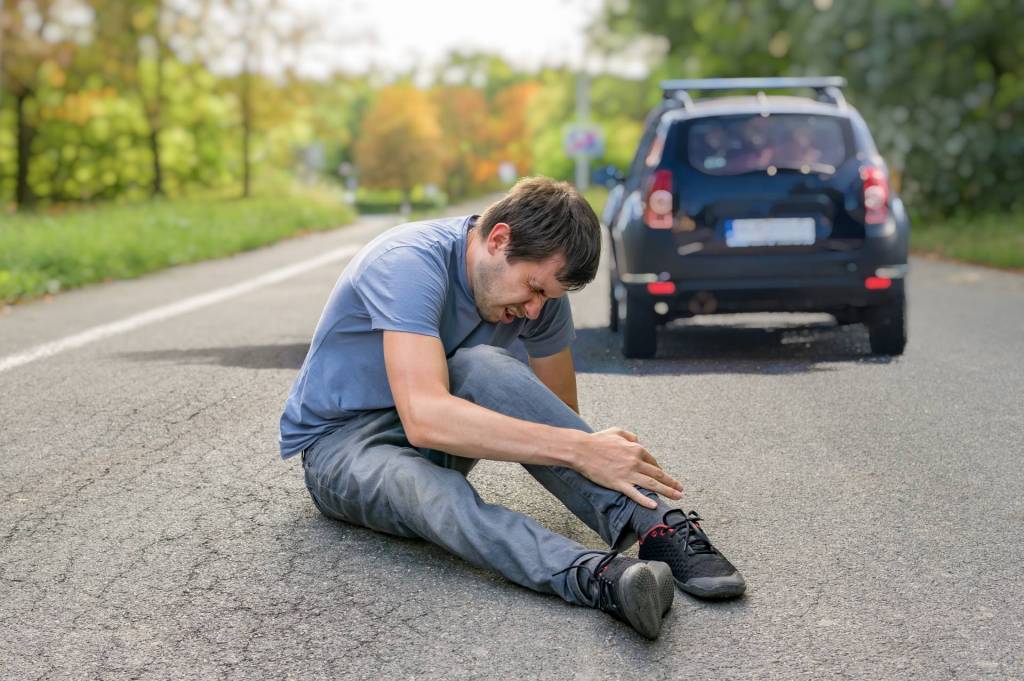In more than half of the traffic collisions in the United States where a teenager dies, alcohol is involved. This is where our Los Angeles DUI law firm can help.
Is your own child at risk for driving under the influence – DUI?
If you are a parent to one or more teenagers in California, keep reading.
Below is an explanation of what you should do if your teenager is arrested for drinking and driving, and you’ll also be offered some suggestions that have helped parents keep teens out DUI-related legal trouble.
Every day, 11,000 teens in the United States try alcohol for the first time, and more than half of our high-school seniors admit that they’ve been drunk at least once.
According to the Centers for Disease Control and Prevention (CDC), in 2014, among male drivers between 15 and 20 years old who were involved in fatal crashes, 24 percent had been drinking, and 17 percent of all of drivers ages 16 to 20 in fatal crashes measured a blood alcohol level at or above the legal limit.
You must be 21 years of age to purchase, possess, or consume alcohol in the state of California.
It does not matter whether or not you are driving – there are absolutely no exceptions.

Underage drivers in this state – drivers under 21 years of age – who drive with a blood alcohol content (BAC) level at or above the legal limit of 0.08 percent can be charged with driving under the influence, and they will face the same penalties as adult DUI defendants.
WHAT ARE THE “ZERO TOLERANCE” AND “UNDERAGE DUI” LAWS?
Because underage drivers in this state are not allowed to drink even one sip of alcohol, California enforces two other statutes that also apply to underage drinking and driving.
An underage driver who measures any trace of alcohol in the blood can be charged with what is called a “zero tolerance” offense, and an underage driver who measures a blood alcohol content level from 0.05 percent to 0.08 percent can be charged and prosecuted in California for “underage” DUI.
Underage drivers in California who are found driving with a blood alcohol content level that measures at even 0.01 percent can be convicted of violating the zero-tolerance law.
A zero-tolerance violation is considered an infraction in California and is punishable upon conviction with a fine of up to $250 and a driver’s license suspension of up to one year.

Motorists under age 21 also need to understand that they are required by California law to take a preliminary alcohol screening test – a breathalyzer test – if they are asked to take the test by a law enforcement officer.
Under this state’s “implied consent” laws, a driver under the age of 21 has already expressed or “implied” his or her consent to be tested for alcohol simply by obtaining a driver’s license and driving on a California street or highway.
WHAT IS THE PENALTY FOR UNDERAGE DUI?
A California driver under the age of 21 who measures a blood alcohol content level at or above 0.05 percent but under 0.08 percent can be arrested and charged with underage driving under the influence, which is also considered an infraction in this state.
A conviction for underage DUI is punishable with a one-year driver’s license suspension and a fine of up to $300.
A zero-tolerance conviction does not add points to an underage driver’s record, but an underage DUI or a standard driving under the influence conviction adds two points.

Additionally, a driver convicted of underage DUI who is 18, 19, or 20 years old must attend and complete alcohol education classes before his or her driver’s license suspension will be lifted.
Of course, the teenagers who face these various penalties are the lucky ones.
Far too often, when teenagers in California die in traffic accidents, alcohol is involved.
If you are a parent, and if your teenager drinks and drives, you must take the appropriate action.
Parents must do whatever is necessary to keep teenagers from driving while they’re intoxicated.
WHAT MAKES TEEN DRUNK DRIVING EVEN MORE SERIOUS?
Particularly if a drunk teen driver has damaged another person’s property or has injured someone, the legal ramifications for that youth can be quite severe.
If your child is arrested for any drinking and driving violation in southern California, you’ll need to reach out to a skilled Los Angeles DUI attorney, and you will need to do it as quickly as possible. If your child was charged in San Francisco, contact a S
When a teenager commits a zero-tolerance violation or is charged with underage DUI or “standard” driving under the influence, that teen may also encounter some obstacles to future employment and educational opportunities.

However, simply being arrested for drinking and driving does not mean that your teenager will be convicted.
In some cases, an experienced Los Angeles DUI attorney may be able to have the court dismiss a zero tolerance, underage DUI, or standard DUI charge against your teenager, but in every case, your criminal defense attorney will work diligently on your family’s behalf to protect your child’s rights and to bring the entire matter to a fair and just conclusion.
WHAT CAN PARENTS DO ABOUT UNDERAGE DRUNK DRIVING?
California parents must talk frankly and candidly with their teen or teens about intoxicated driving and the law.
The CDC reports that alcohol is now the most commonly abused drug in this nation by people under 21 years old.
And while 21 is the legal age limit for drinking in every state, youths from 12 to 20 years of age reportedly account for more than one-tenth of the alcohol consumed in this country.
Here in Southern California, how can we reduce teen drunk driving arrests, accidents, injuries, and fatalities involving alcohol?
Parents are the key.

Parent-child relationships are stronger when parents act as positive roles models who effectively communicate the dangers of drinking and driving to their teens.
If you are a parent to one or more teen children, you must keep abreast of your teenager, his or her friends, and their activities and behaviors.
And you must do whatever you can to teach the dangers of drinking and driving.
Teenagers need to understand that California’s intoxicated driving laws are different for underage drivers, and they also need to understand that California police officers and courts enforce those laws strictly and aggressively.










